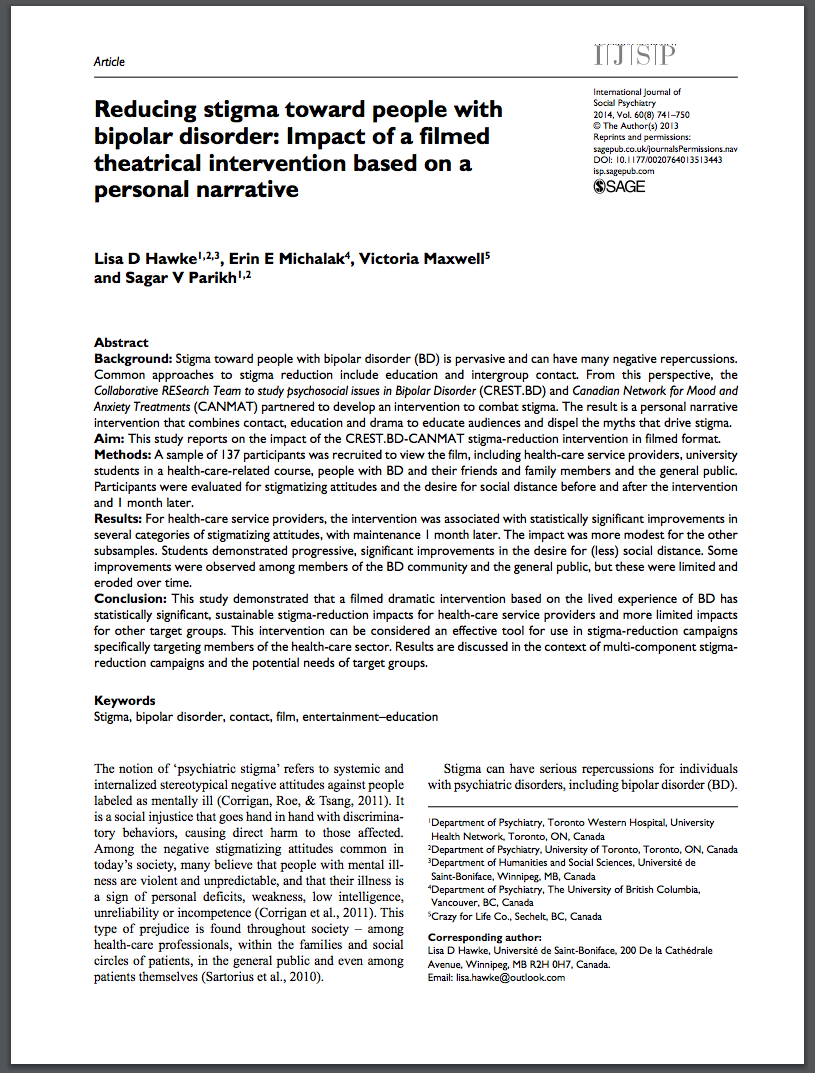Using & Citing Sources
Jackie Sipes, Education Librarian
jsipes@temple.edu
Reading Sources
Courtesy to your reader
Why Cite?
Why Cite?
Support or validate your argument
Courtesy to your reader
Give credit where credit is due
When to Cite
You must give credit whenever you
use another person’s idea, theories, research methods, or research results, whether it’s a direct quote
or paraphrasing.
What if I don't cite?
When you do not give credit to an author’s ideas or work,
you are committing plagiarism. This includes...
Plagiarism
includes
Cutting and pasting information from the internet without citing where you got that information
Using someone else's words or ideas without citing them
Buying or downloading research papers from the internet
Submitting the same paper you wrote in more than one class
Types of Citations
In-text
Reference List
Appears on a separate page(s) at the end of your paper.
Must correspond to the works cited in your in-text citations.
Reference List
In-text Citation
A parenthetical notation of relevant source information after a quote or a paraphrase. Used whenever you quote or paraphrase ideas from a source.
Paraphrase or Quote?
Quote: quotation taken directly from the source text.
Use when the original author has expressed something so well that you could not replicate it or when only the words of an expert will suffice as evidence for your claim.
In-text Citation
Paraphrase or Quote?
Paraphrase: A brief summary of a source's ideas, using your own words and structure.
Use to draw in another writer's ideas or information, but with an emphasis on your interpretation or reflection on that information.
In-text Citation
In-text Citation examples
Author named in sentence
Mullen (2001) argues that writing should be taught at the postgraduate level. (p. 199)
Author not named in sentence
“…legislation has helped schools progress toward narrowing the gap.” (Spellings, 2005, p.87)”
Need Help? More examples?
guides.temple.edu/madness


